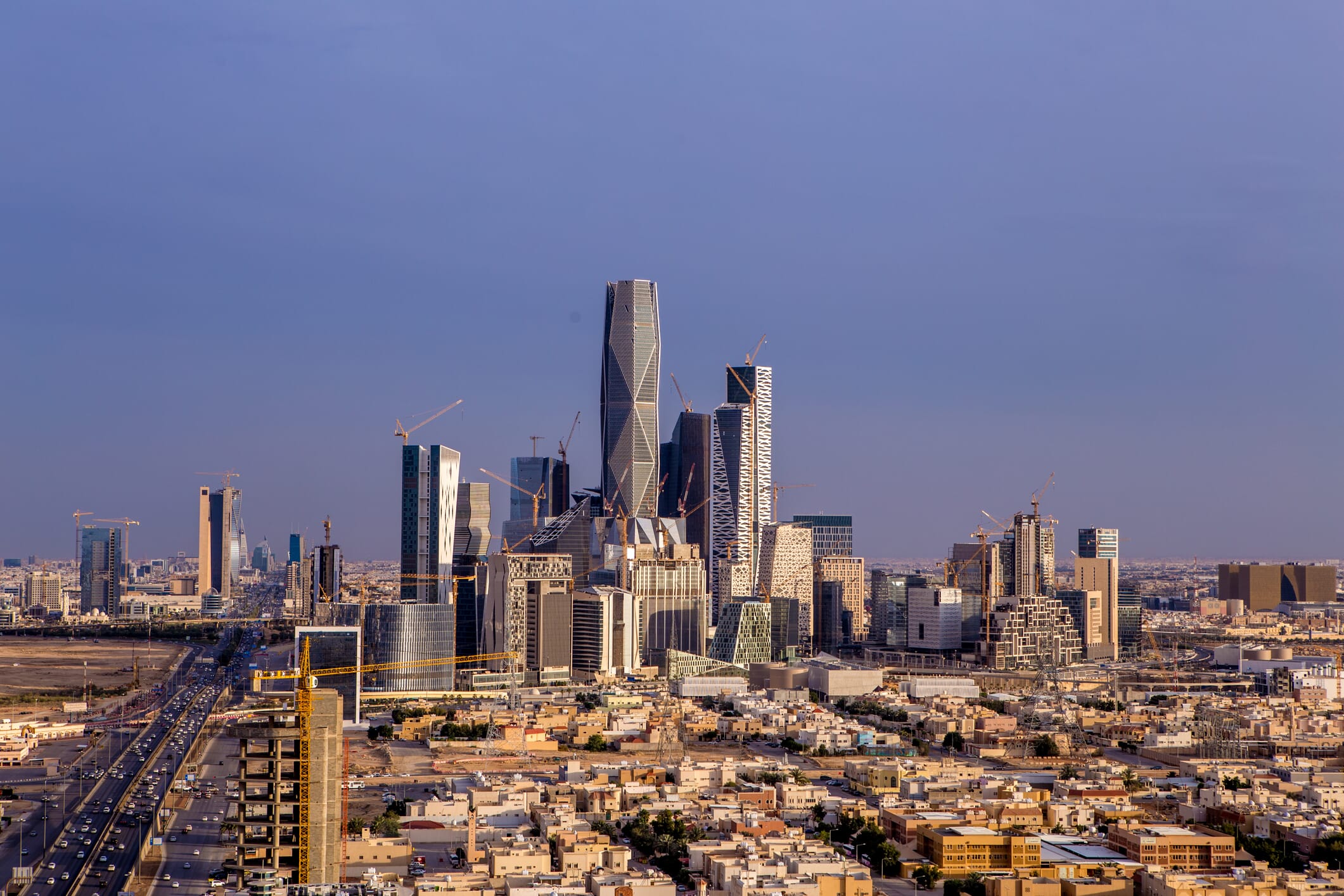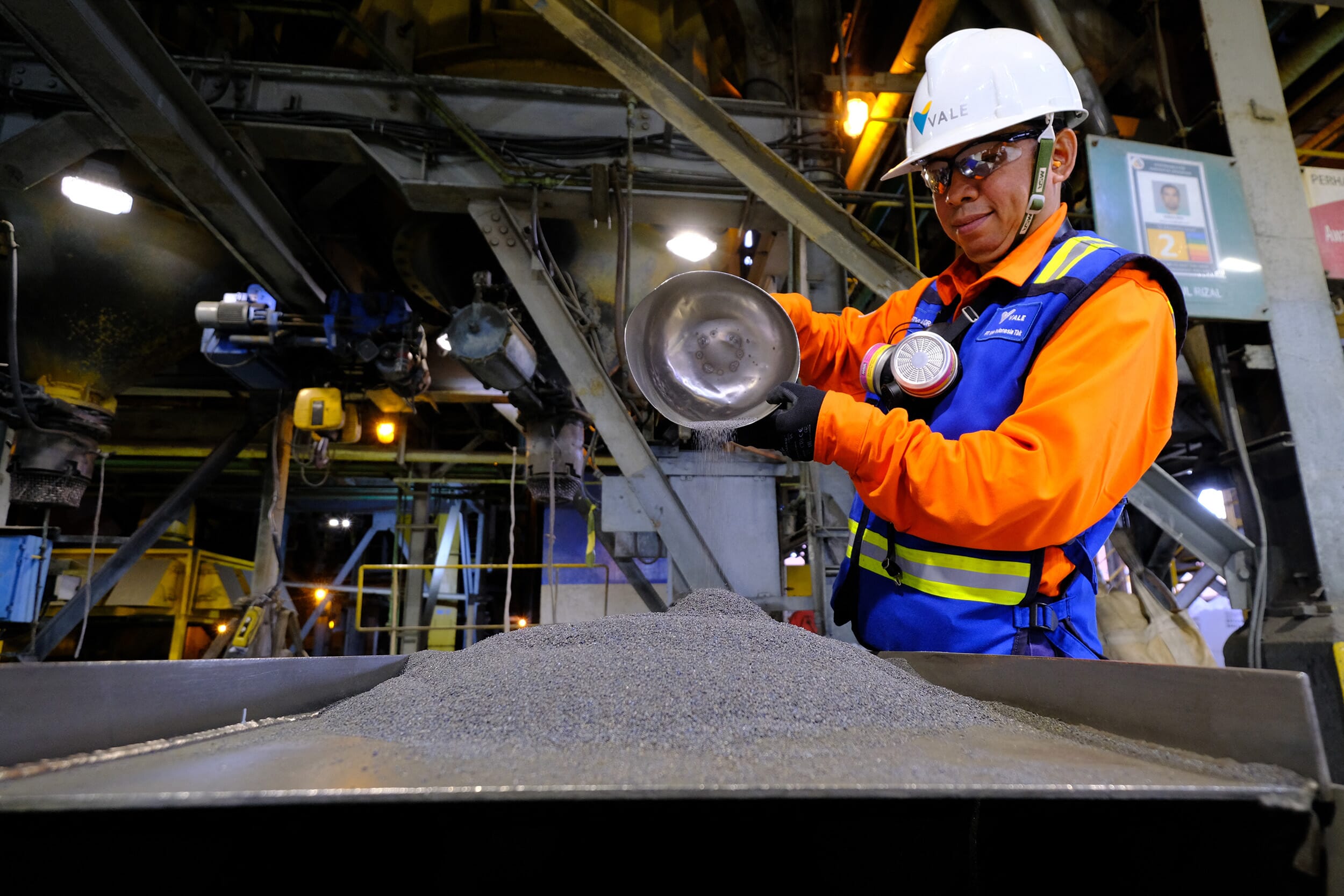News
No silver bullet for Egypt

Looking back over the past twelve months, 2024 has been Egypt’s year for foreign direct investment (FDI), dominated by multi-billion-dollar deals with the UAE and Saudi Arabia. Egypt’s strategy with the UAE has specifically centered around the privatization of public assets, ranging from large-scale real estate to hotels. This strategy appears to have alleviated Egypt’s economic troubles in the short term, but its long-term sustainability remains in question.
In February 2024, Egypt announced a $35 billion deal with Abu Dhabi’s ADQ sovereign wealth fund for the development rights to Ras El-Hekma, a resort town on Egypt’s north coast. Egypt retains 35% ownership in the project, which aims to create a city with industrial, residential, and tourism opportunities. The deal, Egypt’s largest single foreign investment ever, paved the way for an $8 billion IMF loan that had faltered due to the country’s ongoing economic crisis. Neither does it appear to be the only deal of its kind, with Egypt reportedly seeking foreign investment for Ras Banas, a Red Sea peninsula, amongst other FDI opportunities.
Egypt’s economy has needed recovery since the Arab Spring. Over the past few years, the country’s already vulnerable economic state has declined further due to global crises like the financial fallout of the COVID-19 pandemic. Egypt was uniquely affected by the Russia-Ukraine war, being heavily dependent on both countries for grain, tourism, and markets for its produce. Regional instability, particularly from Houthi attacks on global shipping, has exacerbated the country’s economic troubles.
While Egypt has been at the forefront of regional diplomatic efforts to de-escalate tensions, these efforts have yet to bear fruit. The country remains highly vulnerable to external pressures due to massive imbalances in its external position and a significant current account deficit. In response to these challenges, Egypt has turned to foreign direct investment as its rudder.
President Sisi’s closeness with the Gulf has grown steadily over the past decade, notably after the controversial deal for Tiran and Sanafir. In 2016, Egypt ceded the two Red Sea islands to Saudi Arabia, ending a more than 60-year territorial dispute. The move was widely seen as being in exchange for Saudi investment, despite initial resistance from Egypt’s legislative and judicial branches.
Not to be outdone by their Emirati counterparts, Saudi investment in Egypt recently reached a historic high of $32 billion. Since 2022, Saudi Arabia’s sovereign wealth fund, PIF, has operated through a dedicated subsidiary (SEIC) in Egypt, investing billions of dollars in local companies across the logistics, chemical, and financial sectors. This is in addition to billions in aid packages from the Saudi state aimed at bolstering Egypt’s economy.
These deals, including the Ras El-Hekma sale, have continued to draw local criticism over their alleged short-sightedness. The sale of iconic monuments to Egyptian bureaucracy—like the Mogamma complex—as well as historic hotels and palaces to UAE-based investment groups, has occurred alongside these high-profile Saudi deals. Critics argue that the government is unilaterally selling shared public assets to foreign actors and that these sales will not resolve Egypt’s economic problems in the long term. It is worth noting, however, that these investments are not just transactions. The Ras El-Hekma deal, for instance, is a bet on future returns for Egypt’s tourism and industrial sectors once development is fully underway, signaling a commitment to the country’s future.
These foreign investments are not a silver bullet for Egypt’s problems. While the Egyptian economy has received improved ratings from international credit agencies and enhanced financing from the IMF and IFC, these financial windfalls have not brought about the structural changes needed for Egypt’s economy to establish a stable, positive trajectory—or to develop a sustainable source of much-needed foreign currency.
To that end, Egypt has placed significant emphasis on its energy resources as a potential way forward, prioritizing oil and natural gas exports over domestic consumption. However, this has proven to be a complicated balancing act, with the government only ending persistent rolling blackouts in July of this year. Future investments in green hydrogen and renewable energy have garnered positive media coverage, but Egypt lags behind countries like Oman and Saudi Arabia, which are poised to dominate the regional market as it matures. Still, this is a step in the right direction, as the energy sector provides crucial access to foreign currency, even with price fluctuations.
An obvious untapped resource to consider is the country’s non-energy extractive sector. Egypt boasts vast reserves of gold, copper, and iron but is hindered by outdated profit-sharing agreements and a bureaucracy unfriendly to the private sector. The government has announced plans to boost the mining sector’s share of GDP from 0.5% to 5% by 2030, but as always with Egypt, seeing is believing.
As tourism gradually returns, Egypt must focus on fundamental economic restructuring while exploring other sustainable avenues for foreign currency. Importantly, these avenues need to be within Egypt’s control, laying the groundwork for an economy that can withstand global shocks without being overly dependent on the short-term whims of foreign investment.
If you have questions about navigating these developments or want to learn more about how our services can support your strategy in MENA, please contact us.
Newsletter signup

Intelligence delivered ingeniously
Helping key decision makers, make the right commercial decisions


